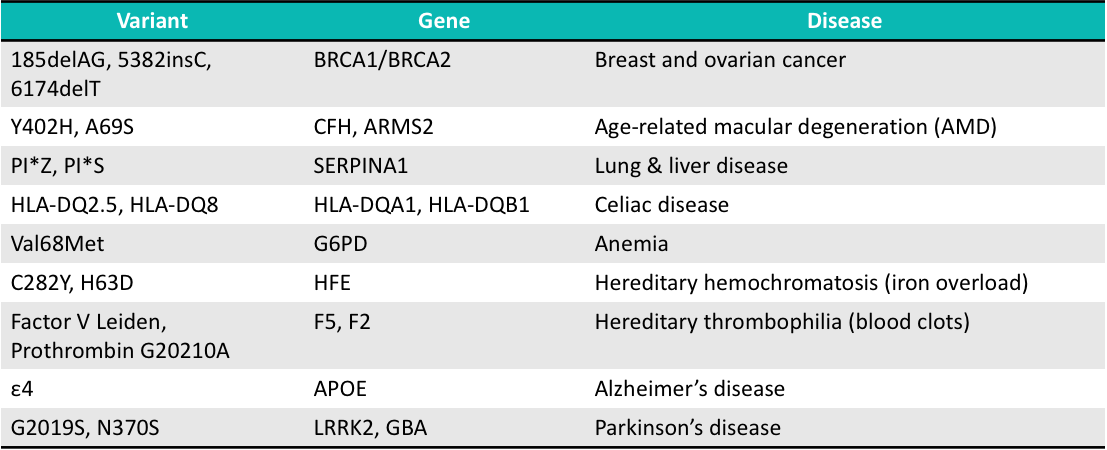A close cousin of mine experienced a pretty scary moment in her 2nd pregnancy. She had a blood clot and significant bleeding to the point where she knew that she had lost her baby. Her baby ended up surviving, but she discovered that she has a genetic mutation called Factor 2 prothrombin gene mutation that results in a higher risk of blood clots. About 10 years prior, I had an aunt (who was very young by the way) pass away unexpectedly from a brain aneurysm. On the same side of the family, I have a grandfather, grandmother, aunt, and uncle who have all had heart attacks. Coincidence, or no???
With me being the #OwnYourHealth advocate that I am, I decided to get myself tested for Factor 2. Lo and behold, I tested positive for it. Because I tested positive, I have and continue to take precautions knowing the increased chances I have for blood clots. Some of those include taking a blood thinner during both of my pregnancies, walking around every hour on long flights, and making sure I exercise regularly to keep my blood thin and flowing as it should be.

Genetic testing is one way that scientists are now personalizing medicine. Personalized medicine means that drugs are no longer targeted at a large swath of people. Now, they are more specific to your own biology. Genetic variants (and identification of them) can inform you of an increased susceptibility to certain diseases.
Last week, GlaxoSmithKline (GSK - a leading drug developer) and 23andMe reached an agreement where they would collaborate to advance personalized medicine and work to develop innovative therapies. 23andMe may seem like just another brand that offers you a way to learn more about your ancestry. But they have taken a large leap forward. In addition to informing you about your familial origins, they can also tell you information about specific genetic variants that may affect your heath. Some of these variants include:

23andMe has over 5 million customers – 80% of which opt in to genetic testing. GSK believes that all of this genetic data can be leveraged for more accurate drug targeting in addition to expediting clinical trial recruitment by having direct access to key patient populations. The purpose of the agreement is to use “human genetics as a basis for discovery”. Novel idea. For only $139, you can have access to a slew of genetic health data that you probably would never find out about unless you have some sort of health scare. When I requested the Factor 2 test, my insurance did not cover it because it was “by request”. There was no specific health need. I guess this is par for the course for a healthcare system that is more reactive than proactive but I digress…
Access to information about your personal health can be a scary thought. But, avoiding the information does not take away the fact that you may actually be more susceptible to certain diseases based on your DNA. For many of these diseases, knowing this information could help you take steps toward reducing that risk, which could delay disease progression or eliminate it altogether. I am looking forward to ordering my kit. And now that GSK has joined in, I feel like not only am I owning MY health, I’m helping others in the process.
Warning: Some of the reviews on 23andMe are not good, so purchase kits at your own risk. This blog post is not an endorsement. It is a way to share information with the public on what, I feel, is a great way to learn more about genetic risk factors so that you can take more control over your health. I will be ordering a kit and will be sure to share my experience and results with all of you.
Know your health so you can
